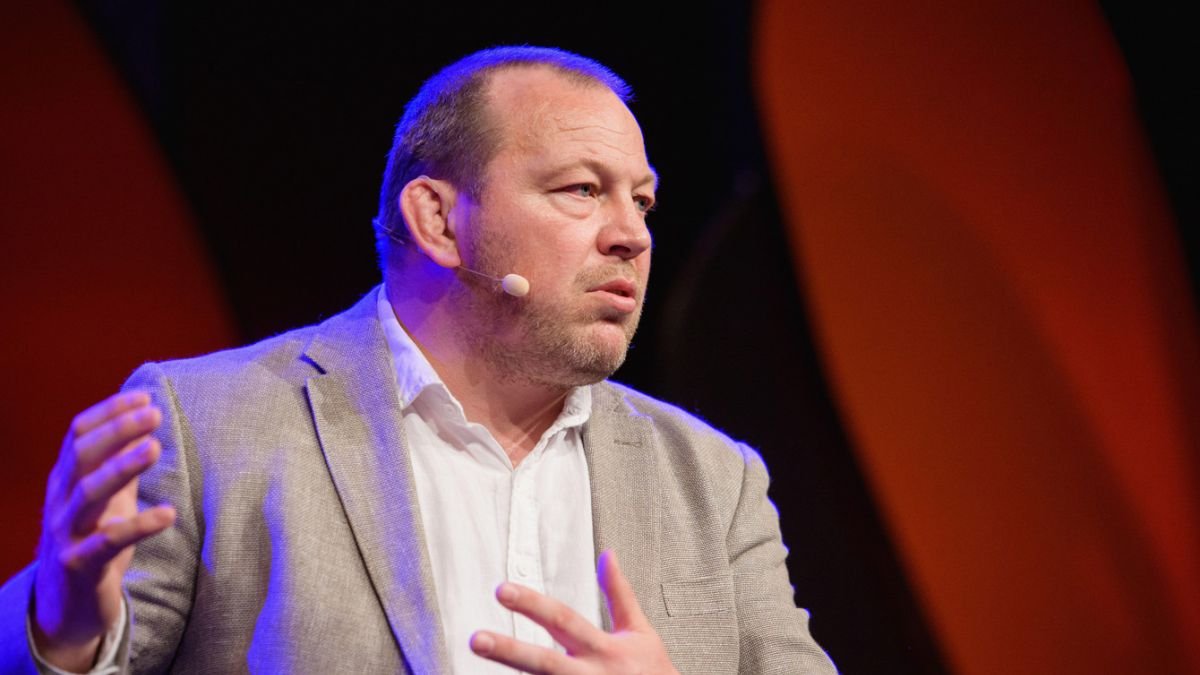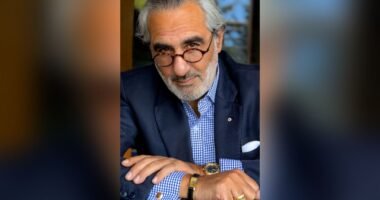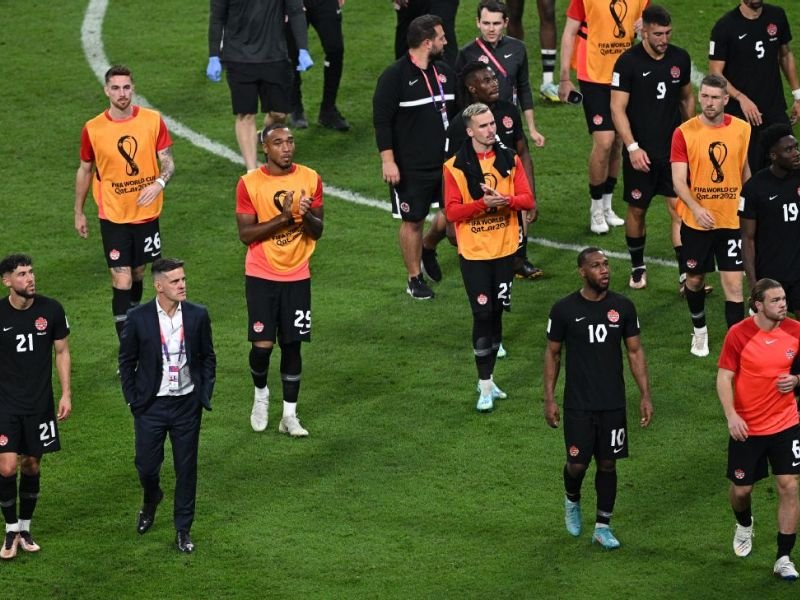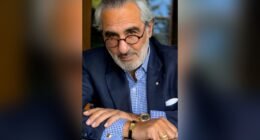Former England rugby star Steve Thompson says he feels like a “phoney” because he cannot recall being a member of the team that won the World Cup in 2003, two years after being diagnosed with early-onset dementia.
The 44-year-old ex-hooker is one of many former players who have decided to sue a number of governing bodies for negligence.
Thompson appears in the BBC documentary “Head On: Rugby, Dementia, and Me,” which will air on Wednesday, a day after new research suggested elite players may be at a significantly higher risk of developing neurodegenerative diseases such as motor neurone disease, Parkinson’s disease, and dementia.
Willie Stewart, a Glasgow consultant neuropathologist who led the research team, has called for immediate action, saying the sport should limit contact training and reduce its global calendar.
Thompson has packed away his medals and trophies after being diagnosed with early-onset dementia and probable CTE (chronic traumatic encephalopathy) in November 2020.
“About four years ago, some of my strongest memories, precious private moments, and all the career highlights of two decades of rugby, began to fade.” “I packed away all my most precious mementos because having them around was just too painful,” he said in the documentary.
“When people say, ‘Oh, you got a World Cup medal,’ and all that, I feel like a phoney,” he added.
“Because it feels like I haven’t done it because I can’t remember it, and it doesn’t feel like me, so I get embarrassed when people in public talk about it.”

Thompson, who occasionally forgets his children’s names in the film, believes he is suffering as a result of multiple head impacts he endured as a player, claiming that concussion protocols at the time were unsafe.
“If you were knocked out and woke up, you were just told to get on with it,” he explained.
“If you had a headache, you were just given pain relievers. It wasn’t considered an injury. ‘At least you haven’t pulled your hamstring, so you can still run,’ it would say.
He suggested that rugby authorities, such as the Rugby Football Union (RFU), the game’s governing body in England, could do more.
“There has been no support from the RFU,” he said. “Since I started the legal action, they’ve even stopped sending me the annual birthday card.”
Last year, World Rugby issued guidance advising limiting full-contact training to only 15 minutes per week, and in July, it extended its minimum concussion stand-down period to 12 days.
But Thompson believes the sport has more potential.
“It’s a small start, but to be honest, it should be at least three weeks,” he says, adding that he would still not feel comfortable allowing his children to play full-contact rugby.
Don’t forget to follow us on Facebook | Instagram | Twitter | LinkedIn to get the latest updates from Cape Town Tribune










